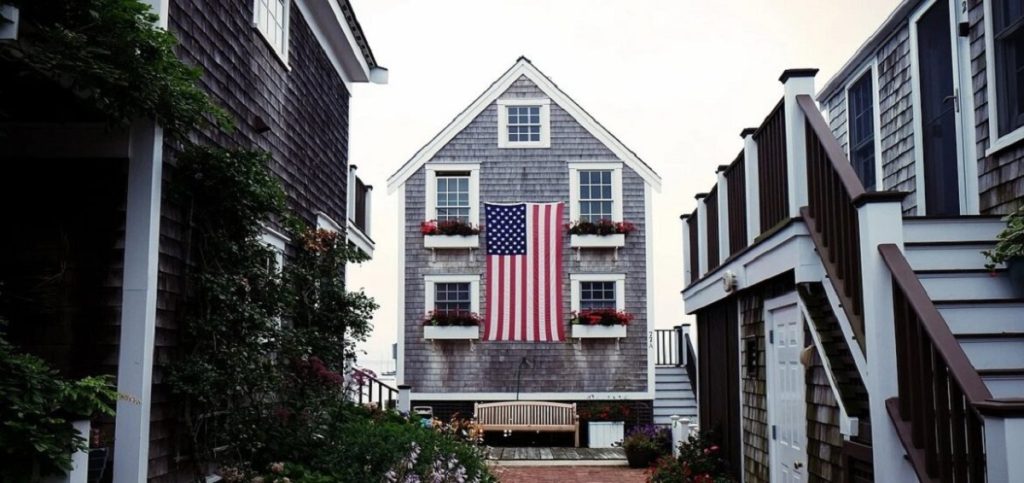The administration of former President Donald Trump is reportedly considering introducing 50-year mortgage loans to address the ongoing housing crisis and encourage more Americans to buy homes. However, it remains unclear whether such a long-term mortgage would actually save homebuyers significant money in the long run.
According to Forbes, the average home sale price reached $410,800, based on the latest data from the Federal Reserve Bank of St. Louis in July 2025. Meanwhile, the average down payment this year climbed to 19%, according to a November report from the National Association of Realtors, compared to a previous average of just 10%.
How Much Would Homebuyers Save Monthly with a 50-Year Loan?
According to data from Freddie Mac, the average interest rate for a 30-year mortgage last week was 6.22%, compared to 5.5% for a 15-year mortgage. It is not yet clear what interest rate a 50-year mortgage would carry, but even if the rate stayed the same as the 30-year loan, buyers would pay only slightly less per month.
For example, using the average home price ($410,800), a 6.22% interest rate, and a 10% down payment, the monthly payment for a 50-year loan would be approximately $2,006.60. The buyer would make 600 monthly payments, totaling over $1.2 million, including more than $834,000 in interest.
By comparison, a 30-year loan under the same conditions would have a slightly higher monthly payment of $2,269.22, a difference of about $262.62 per month. However, the total interest paid over 30 years would be only $447,199.47, for a total of $816,919.47 for the home.
In other words, while monthly payments would drop slightly, the total interest cost would almost double under a 50-year mortgage.
Major Opposition
The proposal has sparked significant opposition. Republican Representative Marjorie Taylor Greene of Georgia strongly criticized the idea in a post on X (formerly Twitter) on Sunday, arguing that extending mortgage terms mainly benefits banks, lenders, and construction companies—while ordinary Americans end up paying far more in interest and “dying before fully paying off their homes.”
Representative Thomas Massie, Republican from Kentucky, agreed, saying the plan “sounds like a recipe for default and for trapping Americans in jobs or schools they can’t leave.”
Real estate experts have also voiced concerns. Lawrence Yun, Chief Economist at the National Association of Realtors, warned that the proposal “does not address the real root causes of housing affordability challenges.”
Conclusion
While the 50-year mortgage plan may sound appealing to first-time homebuyers seeking lower monthly payments, experts warn it could increase long-term debt burdens and benefit financial institutions more than consumers. The Trump administration’s idea remains under discussion, with no official timeline or confirmation yet.

